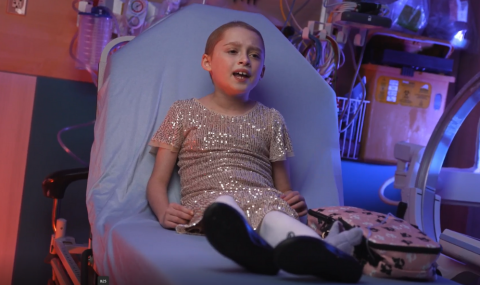Advanced directives and living wills are terms that are used interchangeably. These documents are an assurance that your loved one’s treatment decisions will be respected. An advanced directive and a Power of Attorney for Personal Care can be combined into one legal document. The person named in the Power of Attorney for Personal Care is the patient's substitute decision maker for health care choices.
If your loved one should become incapable of making health care decisions for themselves, the document comes into effect and the Power of Attorney for Personal Care will make health care decisions on behalf of the critically ill person. They are to follow the person’s wishes and make decisions in that person’s best interest.
Families do not need an advanced directive for the law to apply. A Power of Attorney for Personal Care is the first choice if one has been named. If not, the law describes the order of substitute decision makers as follows:
Power of Attorney for Personal Care
Spouse or Partner
Parent or Child
Brother or Sister
Any other relative
Public Guardian and Trustee
Often, there is more than one person who could be named the substitute decision maker if there is no Power of Attorney named. There may be disagreement on the course of treatment or what the patient would want.
The ICU care team will discuss the reasoning behind any treatment or procedures to try and reach an agreement. A health care ethicist can be consulted to help the family members decide what would be best. However, if the substitute decision makers cannot agree, or there is no one who can fill that role, the Public Guardian and Trustee will make the decisions for the critically ill person as a last resort.
The substitute decision maker is legally obliged to respect the patient’s wishes whether they are written down in a legal document, or told verbally before becoming too ill to make these decisions. If the patient's wishes were not expressed before becoming ill, the substitute decision maker will make decisions in the best interest of the patient’s health in accordance with what they think the person would have wanted.



